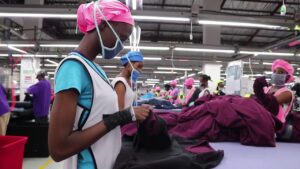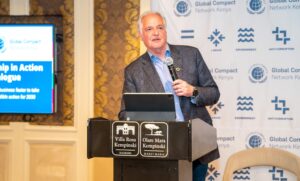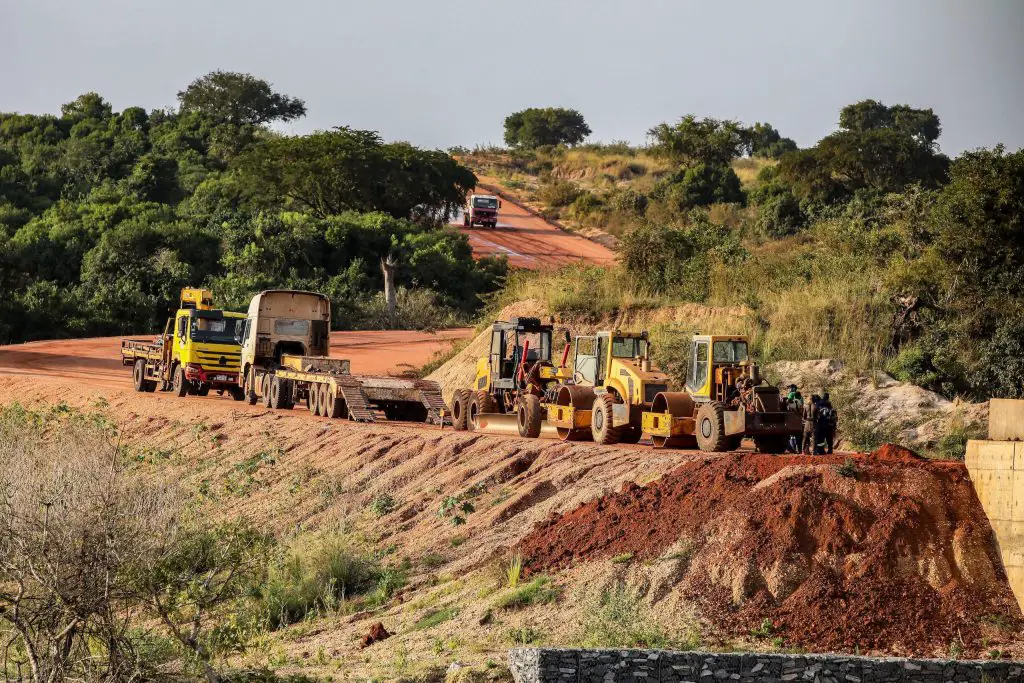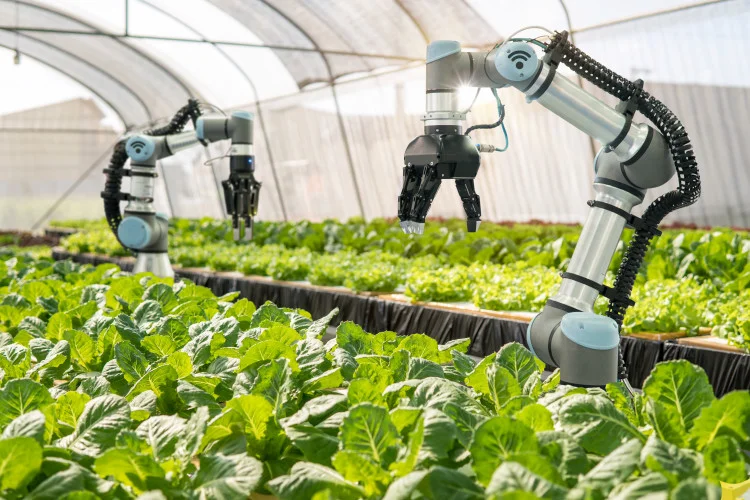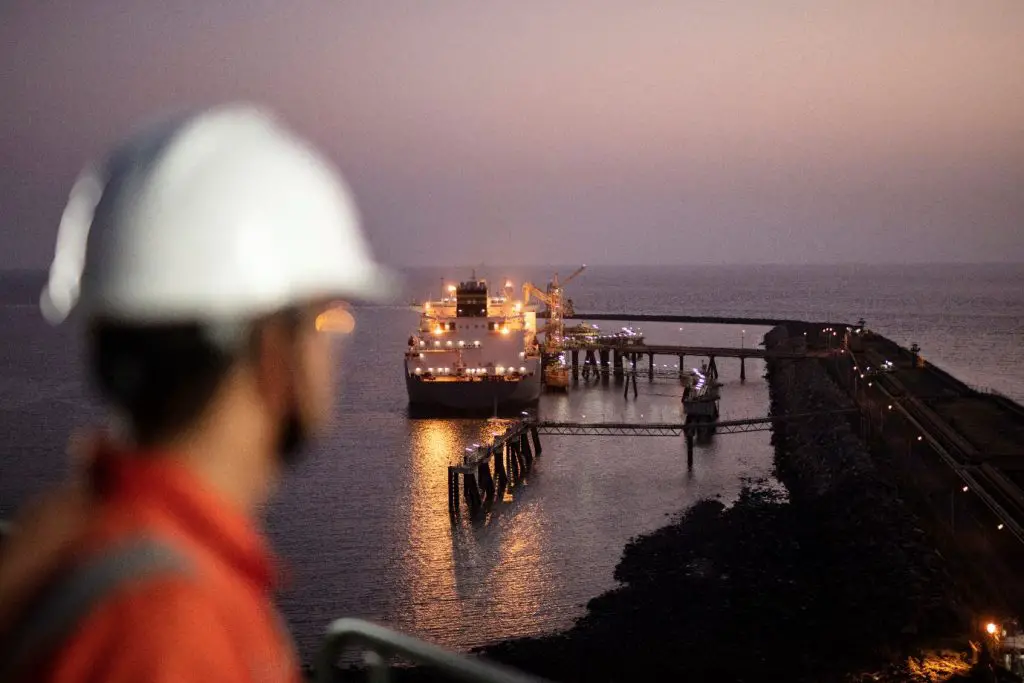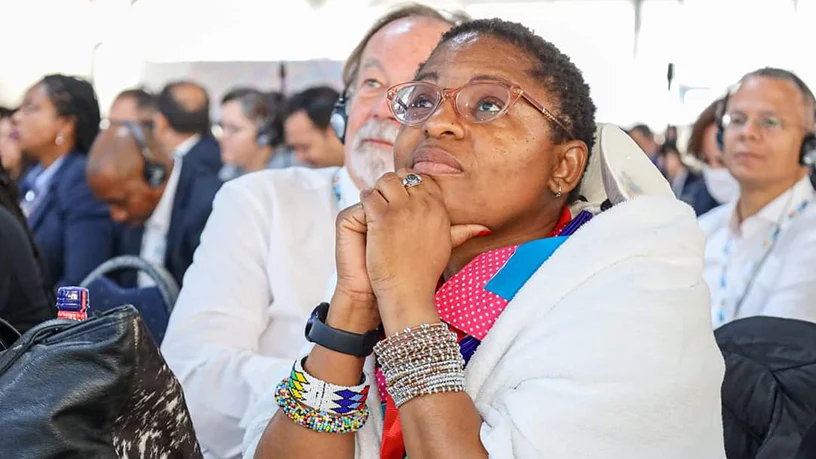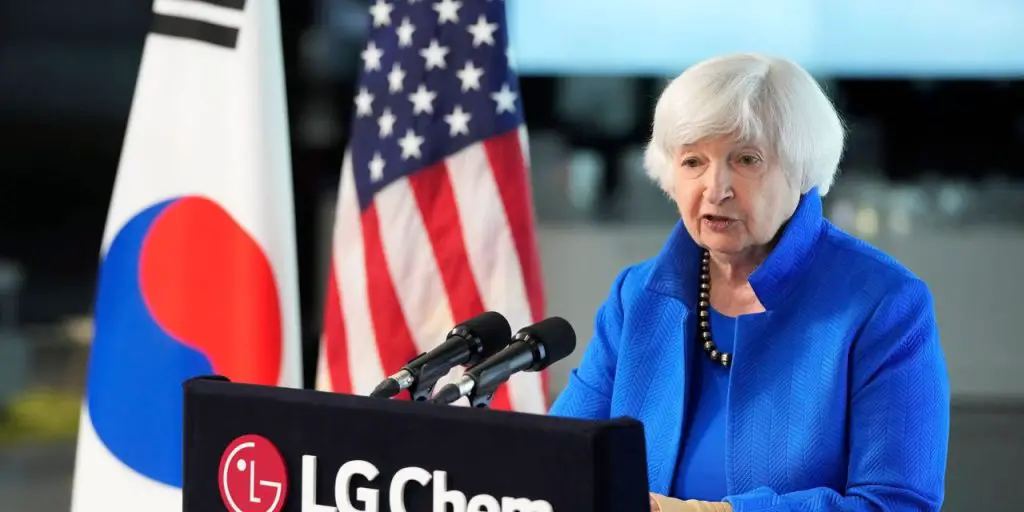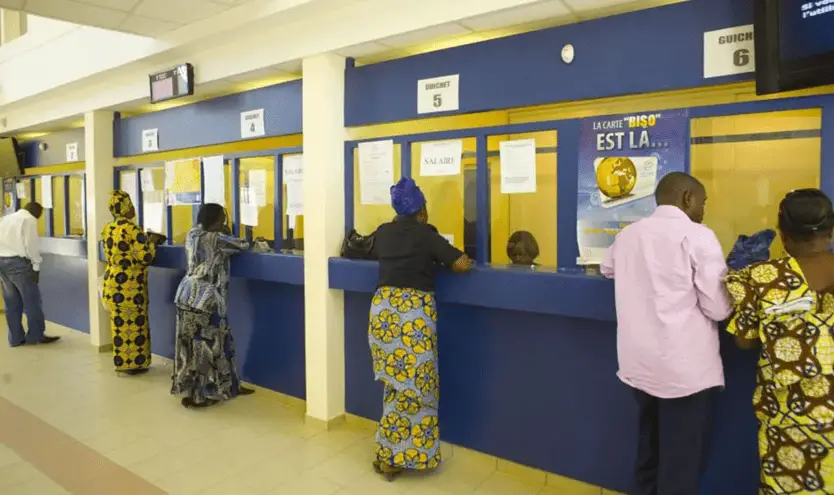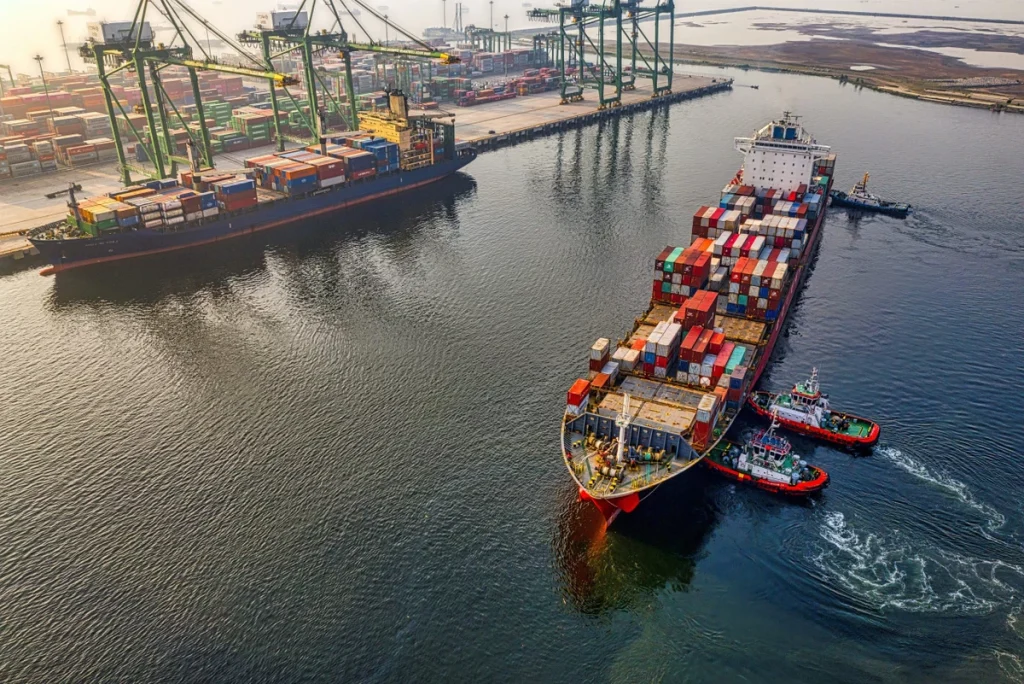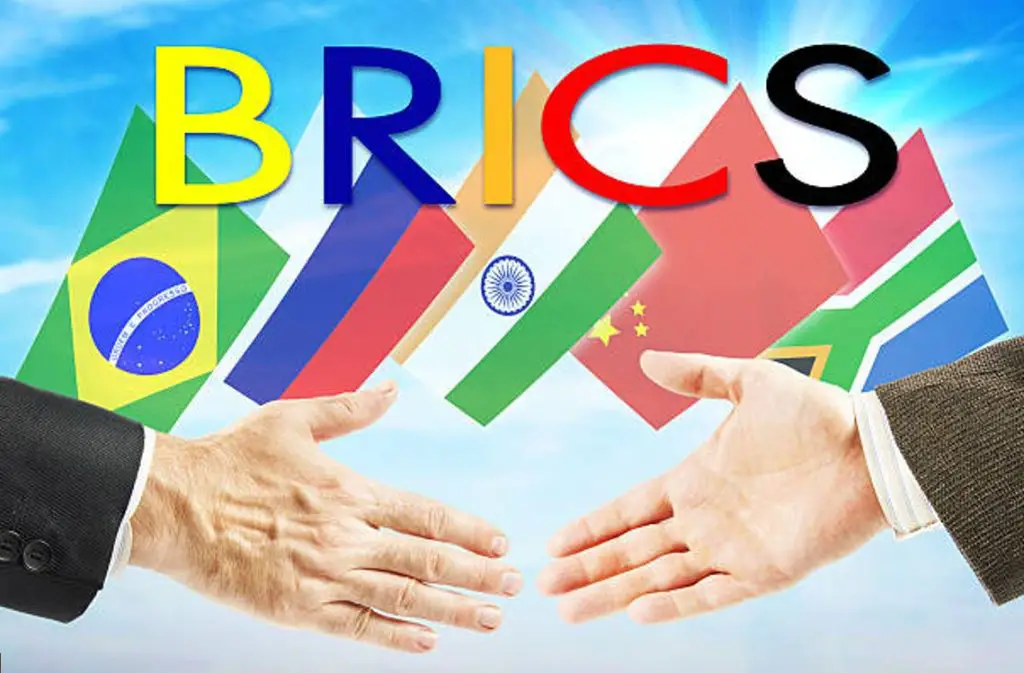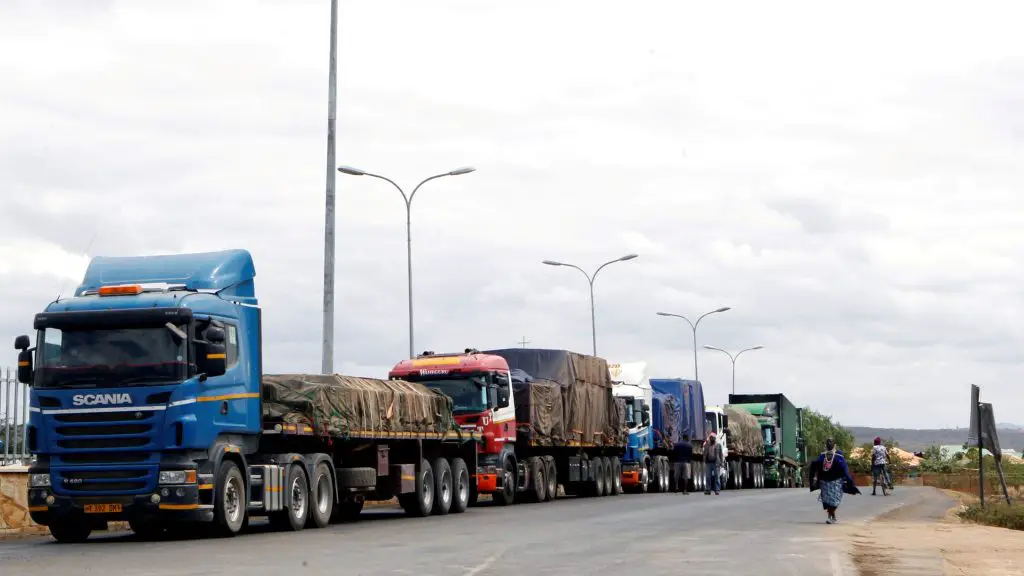- Kenya Apparel Exports Targetting $1 Billion by 2025
- Inaction On SDGs to Cost Global Economy an Extra $38 Trillion
- Pullman Hotel Nairobi: French hospitality firm Accor to Open 1st Premium Brand in Kenya
- Investors tip Abu Dhabi as the next tech powerhouse globally
- Unlocking global investment potential: ministerial roundtable insights at AIM Congress 2024
- UN Tourism empowers women entrepreneurs at AIM 2024
- Kenya’s business conditions stabilised in April but heavy rains a concern for Q2
- Floods Sweep Away Billions in Economic Gains in Kenya and Tanzania
Browsing: Africa
More importantly though, a clear signal was sent to the EU Parliament that the colonial days are over and that meddling in affairs and interfering with matters that are of the exclusive sovereign remit of the host countries, Uganda and Tanzania, is simply not tolerated.
Following the EU Parliament’s action, Total Energies is to appear before the Parliament for a hearing and answer queries that the members of parliament will have. That coupled with the fact that Total has an ongoing court case in France regarding an allegation of its failure to put in place an adequate vigilance plan covering health, safety, environment, and human rights risks as required by French law, related to the the same EACOP project, it will be interesting to see whether or not Total Energies might drop out of the project at the risk of being exposed to breach of contract claims by the other …
Integrating AI in farming machines will definitely help in optimizing operations. Investments in mechanization enable farmers to expand the range of their activities and diversify their livelihoods in ways that can reduce their vulnerability to climate change.
The availability of appropriate machinery to carry out sustainable crop management practices increases productivity per unit of land. It also increases efficiency in the various production and processing operations and in agricultural inputs’ production, extraction and transport. Artificial Intelligence methods support agriculture decision-making systems, help optimise storage and transport processes, and make it possible to predict the costs incurred depending on the chosen direction of management.
Tractor-operated tillage is the single most energy-consuming operation in crop production. Operating a plough is the main reason many farmers require high horsepower and diesel-fueled tractors. Conservation agriculture is flexible enough to accommodate the socio-economic resources of smallholder farmers as well as large-scale farming operations.…
This year’s progress has been threatened by Russia’s invasion of Ukraine, which has caused a global economic shock that has hit Africa at a time when the government’s policy space to respond to it is small to nonexistent.…
Only last December, the OPEC (and partners) coalition agreed to chop oil output by 1.7 million bpd, and in turn, Saudi Arabia agreed to cut its output by 400,000 bpd. However, Moscow is now backing away from more cuts in production because reducing production would give breathing room to the already suffering US producers.
The US remains unmoved. It refuses to lower output despite the falling oil prices that have seen Washington suffer a minus US$4 in oil futures. Meanwhile, the Kremlin’s response has been to flood the market with even more oil output to push prices down.
While US oil producers have previously proved to be rather resilient to low prices, managing to counterbalance prices as low as US$30 per barrel in the past (see details below), they may not fare so well this time around.
The shale producers were already suffering over the last year as Moscow waged …
The election of South Africa and other countries, on Monday, October 3, 2022, into different regional groups that constitute ITU Council was the highpoint of the Plenipotentiary Conference 2022 (PP-22) ongoing in Bucharest, the capital city of the Republic of Romania.
The seats in ITU Council are divided into five regions, A to E. South Africa was elected into the ITU Council Region D for Africa, which has 13 seats. The other 12 countries elected alongside South Africa are Algeria, Egypt, Ghana, Kenya, Mauritius, Morocco, Rwanda, Senegal, Nigeria, Tanzania, Tunisia, and Uganda.
Elections of member states also took place into Region A for The Americas (nine seats); Region B for Western Europe (eight seats); Region C for Eastern Europe & Northern Asia (five seats); and Region E, for Asia and Australasia with 13 seats as Africa.
The 21st Plenipotentiary Conference of the Council, also saw the election by member states, …
- Russia war on Ukraine worsening inflation in Europe
- US offers list of commitments to Asia in friend-shoring deal
- Africa needs to stand up to get a better friend-shoring deal
Balance of power is shifting globally, fueled by the corona pandemic and the Russia-Ukraine war, pre-existing trade wars between super powers China and US have only worsened; where does this shift of power and political rift leave Africa.
All the fighting is not good for business, unless of course your business is in military contracts. So many nations are, and understandably so, avoiding conflict regions and diverting their supply chains to friendly countries.
This shift in mode of doing business and the related trade channels has earned itself a title, pundits are calling it friend-shoring. It refers to a situation where friendly countries are forming trade alliances allowing for trade to take place along new routes and in so doing, reshaping …
Banks in Africa generally and in South Africa especially weathered the perfect storm caused by the COVID-19 pandemic.
This is testament to their resilience and confirms the findings of a study that was commissioned in 2015 by the African Development Bank titled, “The Banking System in Africa: Main Facts and Challenges”. The report found that while Africa’s banking environment is relatively shallow and less penetrated, it is as competitive as that in other developing and high-income regions.
- Banks in Africa showed their resilience when they weathered the existential threat and headwinds brought on by COVID.
- Banking in Africa is significantly ahead if the rest f the world according to the AFDB in terms of the penetration and adoption of mobile banking.
- Banks in South Africa especially have been making money as the economy shed off its last vestiges of COVID controls.
The continent has made improvements in banking technology and …
Recent economic growth and development within Southern and Eastern Africa have created positive opportunities to expand water transportation services. Owing to the impressive growth of the East African economy, where countries like Tanzania and Ethiopia have experienced remarkable growth rates higher than the regional and continental levels, there is a prospect for expanding cargo traffic. A few of the sub-regions ports are experiencing capacity constraints and congestion.…
China presently has the largest sum of foreign exchange reserves in the world. When its over US$ 3 trillion in reserves is added to the reserves of the other BRICS member states the questions as to why they cannot issue their own currency start to grow louder.
Talks of a common currency fizzled out as more pressing national and international matters eclipsed the idea. This year 2022 has seen renewed calls for a common reserve currency emerge once again. This time Russia is leading the call for the creation of a reserve currency that will be an alternative to the United States dollar as a mechanism for the settlement of international transactions.
Russia’s motive for making such a call is obvious, the country has been at war with Ukraine since February 2022. This aggression against Ukraine has earned Russia some of the most stringent economic sanctions in history. What has …
The difficulty of transferring commodities throughout Africa is not new to the continent. It is currently a key impediment to the AfCFTA’s prospects, especially in building regional industrial supply chain clusters. Africa’s massive infrastructure deficit has hindered regional trade and economic integration for decades, notably in transportation and supply chain fragmentation.
Some parts of the continent, specifically areas surrounding East African nations, do far better in cross-border movement and trade. However, most African countries fare poorly on metrics such as cross-border clearance processes. According to the World Bank’s Logistics Performance Index, the regions also struggle with trade quality, infrastructure, inconsistent tax regimes, and consignment trace and track techniques.
Digitalisation in Africa’s logistics industry will address some of these difficulties. Furthermore, the development of digital logistics startups has aided in the facilitation of connection, which is critical to the movement of commodities within the area and across borders.…
